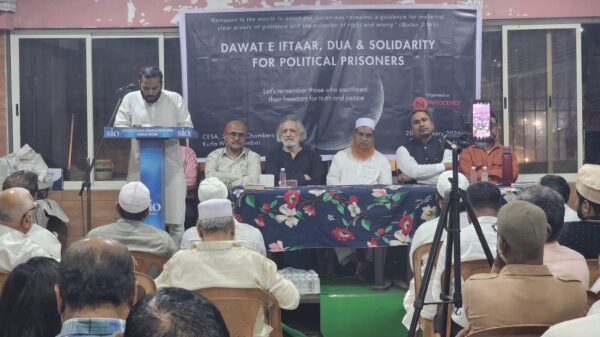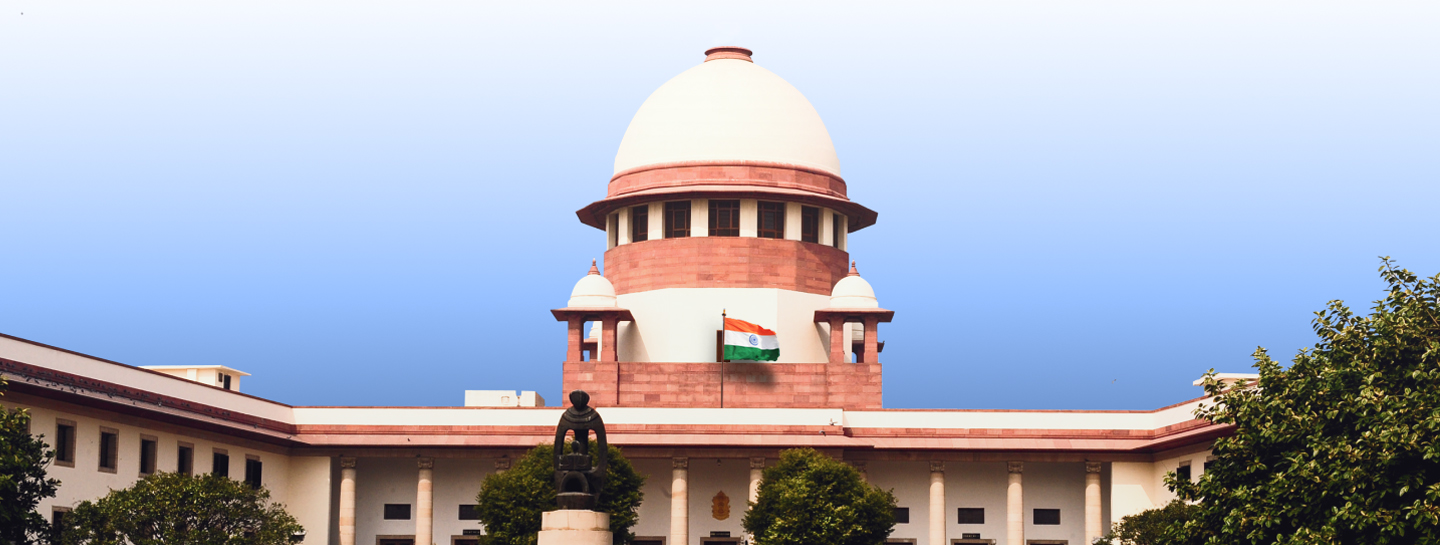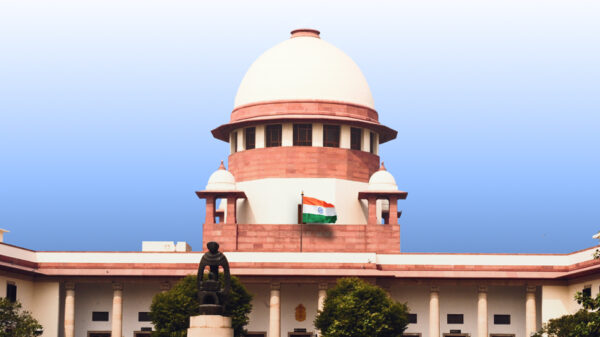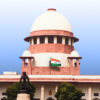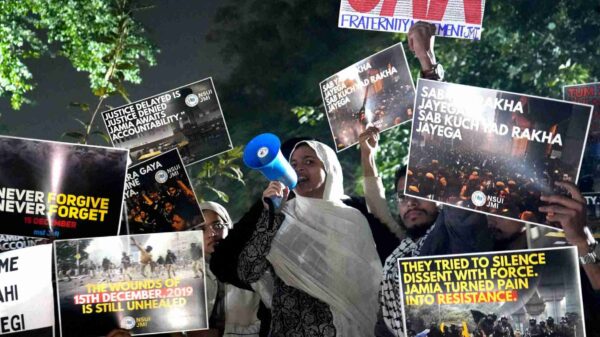The Supreme Court on Wednesday intervened and paused a controversial order by the Allahabad High Court, which ruled that “grabbing breasts” and “breaking the strings of a girl’s pyjamas” do not constitute rape or attempted rape. The high court’s judgment, which sparked outrage, was criticized by the Supreme Court for its lack of sensitivity.
A bench of Justices BR Gavai and Augustine George Masih said that the Allahabad High Court’s ruling showed a total lack of sensitivity, noting that the judgment was not an impulsive decision, as it was delivered four months after the judgment had been reserved. The bench further stated, “It was not even at the spur of the moment, and was delivered 4 months after reserving the same. Thus, there was application of mind.”
The Supreme Court took suo motu cognizance of the Allahabad High Court’s order and issued a stay on the observations made in paragraphs 21, 24, and 26, which the court deemed contrary to the law and “inhuman.” The court observed that it was usually hesitant to grant a stay at this stage, but in this case, it found the remarks “unknown to the cannons of law.”
The Supreme Court also directed the Centre and the Uttar Pradesh government to respond to the issue, with the Attorney General and Solicitor General asked to assist the court. The court issued a notice to the Union and Uttar Pradesh government, as well as the parties involved in the original case.
The Allahabad High Court’s controversial ruling came during the hearing of a plea by two accused—Pawan and Akash—who were summoned by a trial court on charges of rape. The two were accused of grabbing the breasts of an 11-year-old girl and attempting to drag her beneath a culvert, after breaking the string of her pyjamas.
Justice Ram Manohar Narayan Mishra, while passing the order, held that mere “grabbing of the breast” does not amount to rape but should be classified under assault or criminal force against a woman with the intent to disrobe. The ruling suggested that the two accused should face charges under sections 9/10 of the Protection of Children from Sexual Offences (POCSO) Act, which carry lesser penalties than rape charges.








